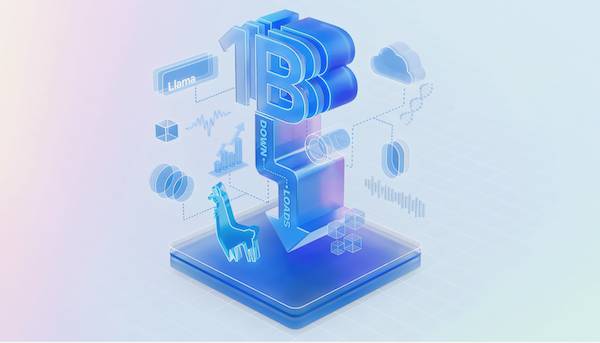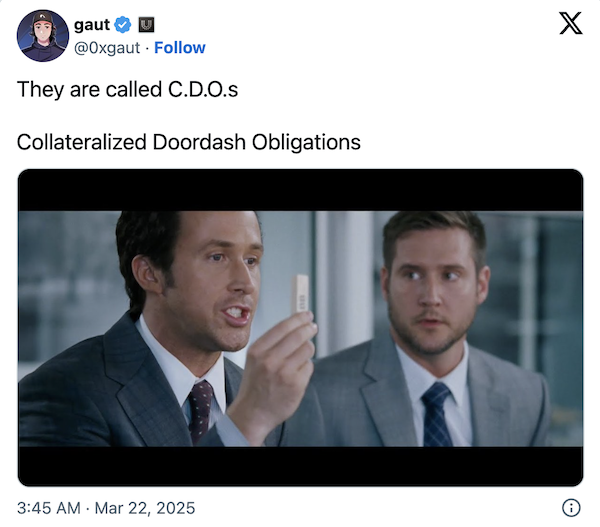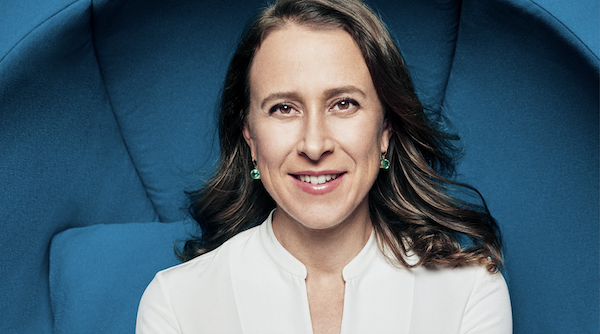Market scorecard
US markets had one of their strongest sessions this year, with the Nasdaq gaining over 2% as concerns over trade sanctions eased. President Trump hinted that some countries might receive tariff exemptions, boosting investor sentiment. Tesla led the charge, surging 12% in a continued rally from Friday. Big tech also had a strong showing, Amazon and Nvidia climbed over 3%, while Microsoft and Apple posted more modest gains.
In company news, SAP is now the most valuable company in Europe. Its shares have climbed 40% over the past year, thanks to strong growth in cloud sales and AI offerings. The rally pushed them past Novo Nordisk with a valuation of around EUR312 billion. Elsewhere, Bayer tumbled 7.14% after another US-based jury awarded a massive amount to supposed sufferers of side-effects from the company's weedkiller Roundup. Bayer must rue the day that they ever agreed to buy Monsanto.
At the close, the JSE All-share was down 0.60%, but the S&P 500 shot up by 1.76%, and the Nasdaq flew 2.27% higher. Very nice!
Our 10c worth
One thing, from Paul

It's exactly 5 years on from the start of hard lockdown in Johannesburg to "flatten the curve" of Covid infections. That was back in late March 2020.
It was a bad time. But, I'm glad that "only" 7 million people died in that pandemic, not many more. It could have been worse, right? We had to wear masks, self-isolate and brew our own beer, but at least we weren't dying like flies in the streets.
The S&P 500 peaked on February 19 2020. By March 23, the index had lost 35%. That was one of the sharpest drops on record. March 12, 2020 was the third-worst day for the market in the last 90 years, and March 16 was the second worst.
Then the S&P rallied, and never looked back. So there was another silver lining. We are all better investors today for having gone through that experience.
Byron's beats

Llama, Meta's open-source AI model, has officially reached 1 billion downloads. That's quite incredible considering that it was only launched in 2023. To celebrate the milestone, Meta has shared a few examples of companies that have used Llama to good effect. As someone who is not a software developer, I find real-life examples helpful in understanding the value added. I am sure most of our readers are in the same boat.
Spotify used Llama to improve their recommendation algorithms and to add real-time commentary to the DJ function, which is apparently quite popular with listeners.
Unveil is a an app built on Llama which helps people find hidden cultural gems in Austin. The app can process photos of landmarks, murals and sculptures and gives real-time information on these images via an interactive chatbot.
US startup Fynopsis helps small business with M&A deals by providing an AI-based virtual data room where companies can share confidential documents during due diligence processes. This too was built on Llama, of course.
All pretty cool stuff!
Michael's musings

Last week DoorDash and Klarna announced a partnership to introduce 'eat now, pay later'. DoorDash is a North American food delivery business, similar to UberEats. Klarna is one of the leading buy now, pay later platforms, allowing customers to split their purchase into four repayments, and if the loan is repaid in time, there isn't any interest. The loans are usually used for larger purchases, so there was some backlash on the internet over the idea that someone might split the cost of a pizza over four repayments.
Is it morally acceptable for a company to offer debt to someone to buy fast food, considering that they might be struggling financially? If someone needs to borrow $20 to eat lunch, that's a big problem. Where should regulators draw the line between letting adults take responsibility for their actions vs. treating people like babies?
I don't think we should intervene in what people decide to do with borrowed money. Once there is a debt limit in place, then people can use borrowed funds to buy cars or clothes or furniture or fried chicken. I get why someone might want to pay off a fast food order. I remember being a student and craving a King Steer burger. Back then it was a choice between beer or burgers, I couldn't do both.
Those criticising the DoorDash/ Klarna deal are also being selective with their focus. A standard payment method for all online shopping is a credit card, which is also debt. Consumers have been using debt to buy Quarter Pounders for years.
Bright's banter

23andMe was founded in 2006 by Anne Wojcicki, Linda Avey, and Paul Cusenza to make genetic testing accessible to consumers. The company pioneered direct-to-consumer DNA testing, allowing individuals to uncover ancestry details and genetic health risks with a simple saliva sample. It gained early traction with celebrity endorsements and a spot on Oprah Winfrey's "Favourite Things" list, but regulatory challenges and evolving consumer privacy concerns made long-term profitability elusive.
23andMe has filed for bankruptcy, marking the downfall of a once high-flying biotech firm. CEO Anne Wojcicki has stepped down but remains on the board and is pushing to buy back the company's assets. The firm struggled with a flawed business model, customers only needed to take a DNA test once, and failed to generate sustainable revenue through subscriptions or pharmaceutical partnerships.
A data breach in 2023 exposed nearly 7 million customers' information, which further damaged the company's reputation. Attempts to pivot into drug development stalled due to high costs and rising interest rates. Wojcicki's buyout efforts were repeatedly rejected, and the company's valuation has collapsed from a $6 billion peak in 2021 to near zero today.
Interim CEO Joe Selsavage now oversees a business that will continue operating during the bankruptcy process. 23andMe has secured $35 million in financing, but with liabilities between $100 million and $500 million, its future remains uncertain.
Linkfest, lap it up
How many people live on Earth? One research team thinks we might be undercounting by as much as 53% - Rural populations are difficult to pinpoint.
AI has allowed for real-time translation of languages. Apple is now integrating that tech into their AirPods - Live-translation feature expected with iOS 19.
Signing off
Chinese stocks fell, paring gains for Asian markets. A key index of Chinese tech shares in Hong Kong dropped up to 3.8%, its steepest decline in over three weeks, with Xiaomi sliding 5.5% after its $5.5 billion share sale.
In local company news, AdvTech delivered good results, with revenue up 8% to R8.5 billion, driven by strong enrolment growth and moderate fee increases. Student numbers surpassed 100 000. Elsewhere, Gold Fields made a $2.1 billion buyout offer for Australia's Gold Road Resources which was rejected.
US equity futures are lower in pre-market trade. The Rand is trading at around R18.26 to the US Dollar.
Thanks, and goodbye.